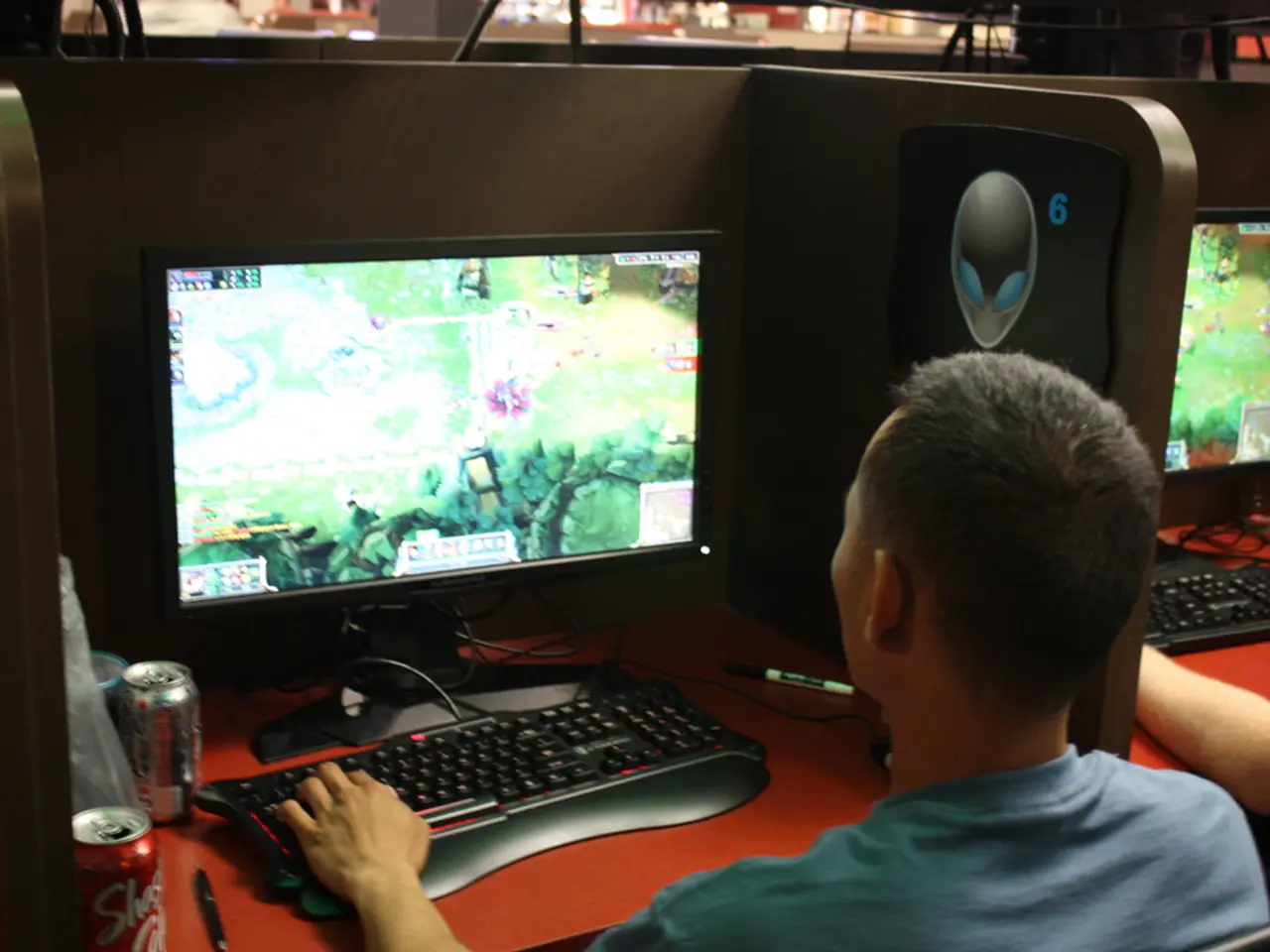Gamers With a Physique Preference Are Moving Toward Virtual Gaming Experiences
Retired professional athletes are finding a new competitive outlet in the world of esports, and the benefits are proving to be just as valuable as their careers in traditional sports. The mental architecture that drives elite physical performers is equally applicable in digital competition, providing a means for athletes to maintain their competitive edge, social connections, and even their identity.
Sustained Competitive Drive and Identity
The fundamental competitive urge that drives athletes in traditional sports is also present in esports. Competitive gaming, like professional sports, offers a sense of achievement and purpose. For retired athletes, this provides an avenue to channel their drive into digital competition, helping preserve their athlete identity and mitigate the loss often experienced after retirement from physical sports.
Community and Social Interaction
Unlike traditional team sports, where internal competition for playing time and contracts can create tension, gaming communities often foster cooperative and tension-free interactions. This creates a more supportive and genuine social environment where retired athletes from diverse sports can bond over shared competitive experiences.
Emotional Authenticity and Expression
Competitive gaming and streaming allow retired athletes to express their genuine personalities—including celebrations, frustrations, and trash talk—without media filters or corporate constraints. This authenticity enhances psychological wellbeing by enabling emotional openness and deeper connection with fans and peers.
Career Continuity and Public Engagement
The streaming economy in esports provides retired athletes with a viable career extension that retains their public presence and income, reducing the psychological stress associated with career transitions. Their competitive experience transfers well to gaming audiences, maintaining engagement and purpose.
Longevity and New Dimensions
One significant advantage of esports is its longevity. Physical careers end due to age and injury, but gaming skills can be maintained much longer. A basketball player with lightning reflexes can display those abilities in competitive shooters, while a football player known for strategic thinking can demonstrate those skills in chess or strategy games. This brand extension reveals dimensions of personality that might not have been apparent in their primary sport.
In summary, the psychological benefits for retired athletes engaging in competitive gaming include maintaining competitive motivation, enhancing social bonds free from career tensions, authentic emotional expression, and continuing a purposeful public role, all of which support their post-retirement mental health and identity. As more athletes transition into esports, it becomes clear that watching professional athletes migrate into gaming spaces feels natural once you understand the underlying psychology. Fans discover new sides of athletes they thought they knew completely, as gaming allows athletes to showcase different aspects of their competitive nature. This trend is not just a passing fad but a testament to the enduring spirit of competition and the adaptability of athletes in the face of new challenges.
Retired athletes find a sense of achievement and purpose in competitive gaming, much like they did in traditional sports, serving as an outlet for their competitive drive and helping preserve their athlete identity. The supportive and cooperative gaming communities offer a tension-free environment for social bonding among retired athletes from various sports. esports allows for the authentic expression of emotions, enhancing psychological wellbeing through emotional openness. The streaming economy in esports provides retired athletes with a viable career extension, retaining their public presence and income. A major advantage of esports is its longevity, as gaming skills can be maintained much longer than physical ones, allowing athletes to showcase different aspects of their competitive nature in new games. This trend is not just a fad but a testament to the adaptability of athletes and the enduring spirit of competition.







